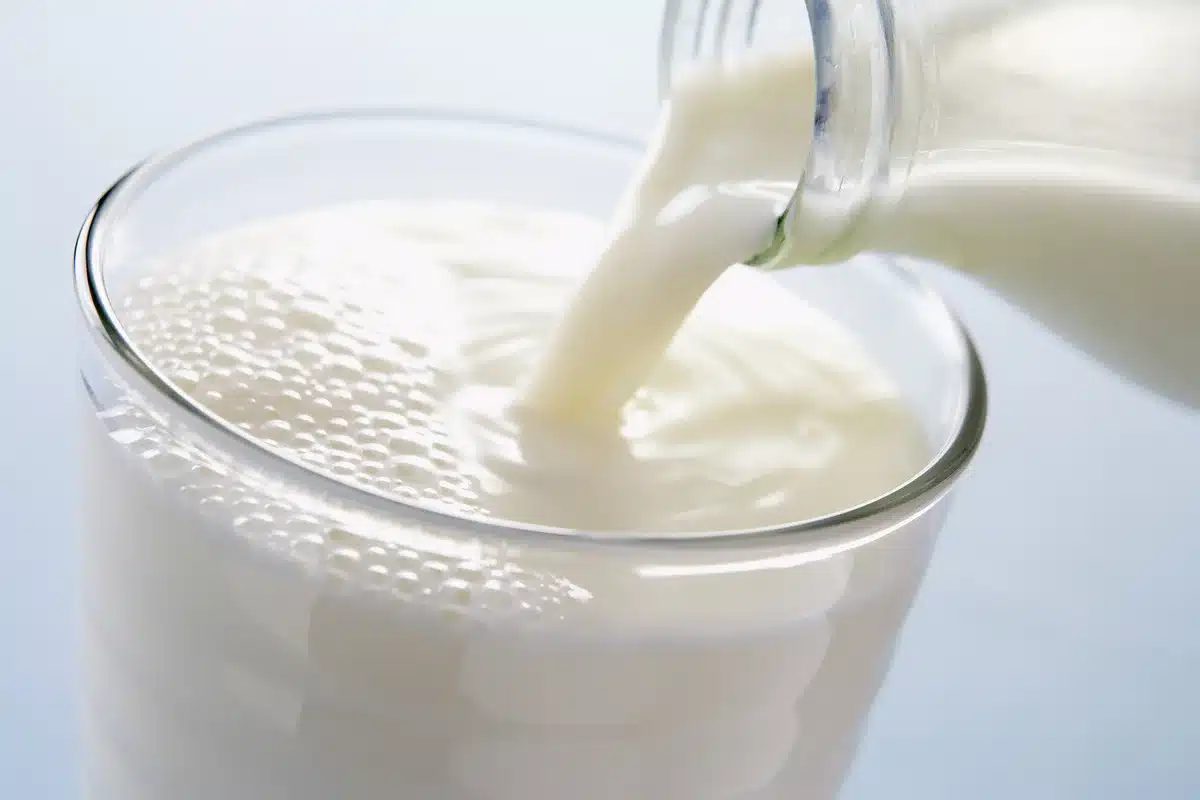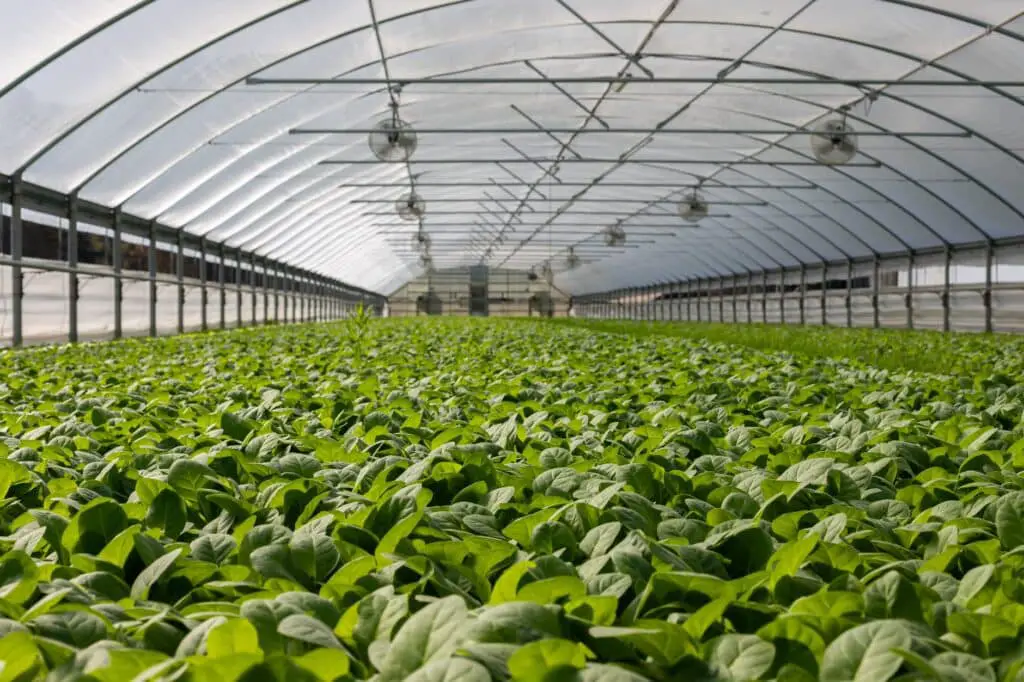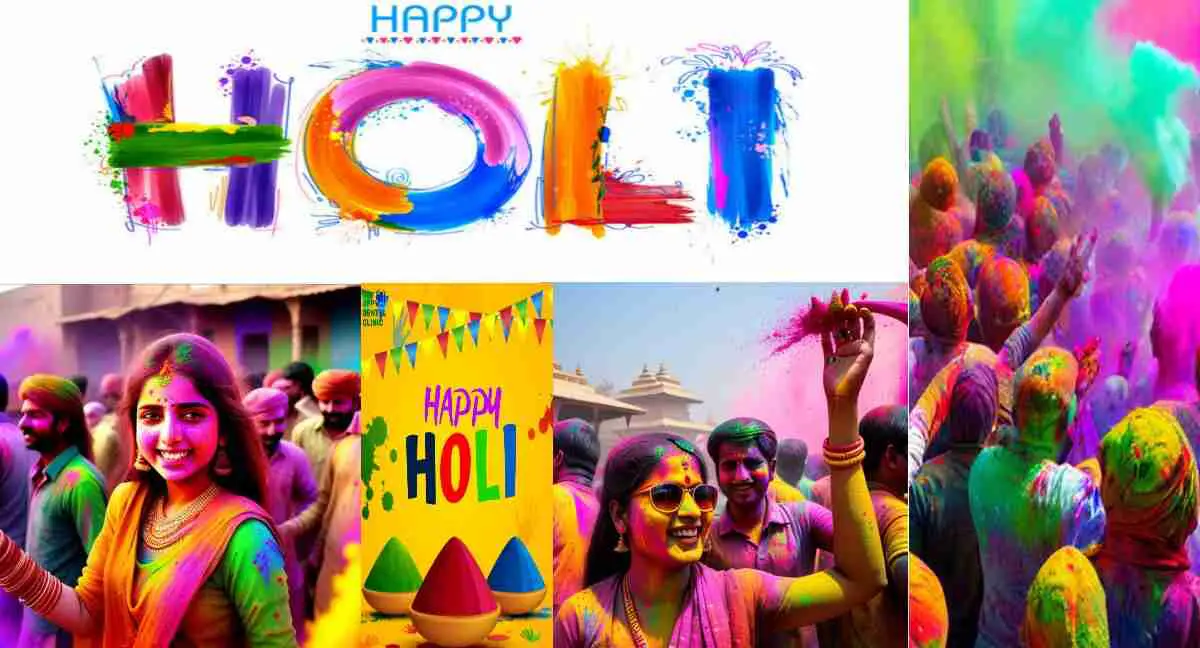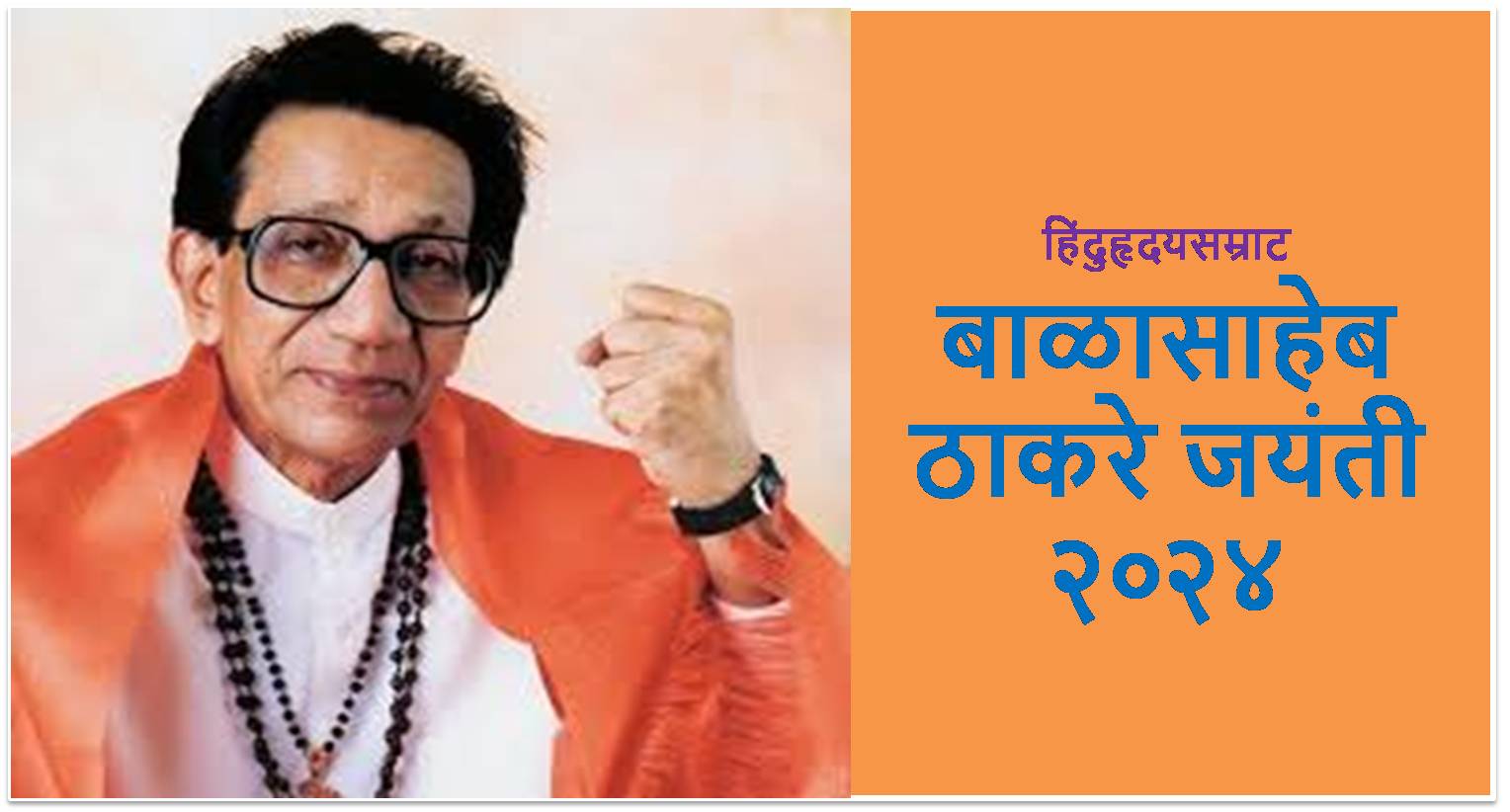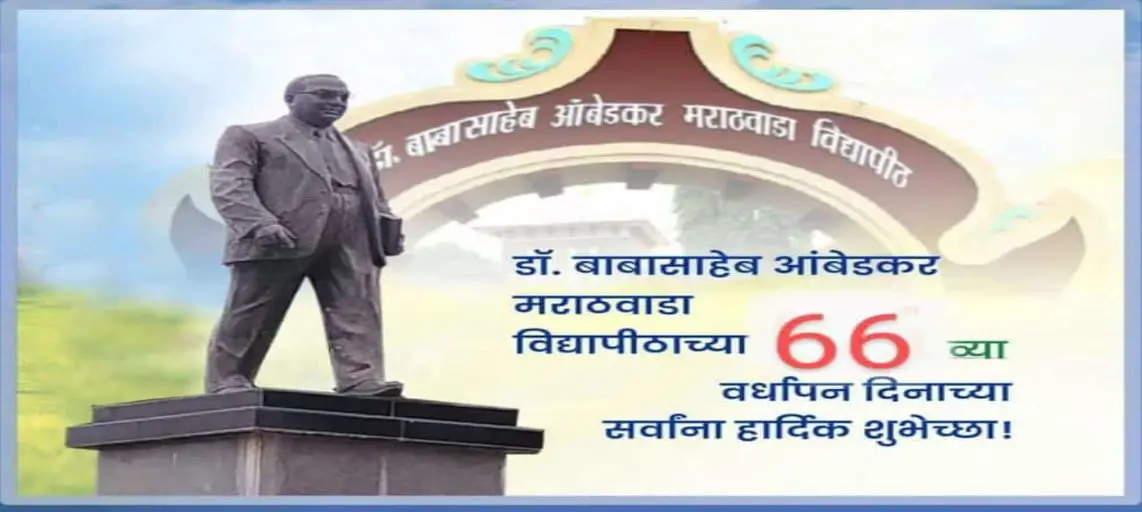Holi Festival in 2024: In 2024, Holi is not just a festival; it’s a celebration of life, love, and harmony. It reminds us to cherish the vibrant colors of existence and embrace each moment with joy.
Holi Festival in 2024
Holi festival in 2024 is a vibrant and joyous occasion filled with colors, music, and festive spirit. This ancient Hindu festival, also known as the Festival of Colors, is celebrated with great enthusiasm across India and in many other parts of the world where the Indian diaspora resides. Let’s delve deeper into the significance and festivities of Holi in 2024.
What is Holi?
Holi is a joyous Hindu festival, also known as the Festival of Colors or Festival of Spring. It’s a celebration of the triumph of good over evil, the arrival of spring, and the mending of broken relationships.
When is Holi?
Holi is a moveable feast, celebrated on the full moon day of the Hindu month of Phalguna, which typically falls in late February or March. Holi festival in 2024, falls on March 25th.
Historical Significance of Holi
Holi’s historical significance goes deep, with roots in ancient Hindu mythology and traditions. Here are two main stories associated with the festival:
Victory of Good over Evil: This is the most widely known story. It tells of a demon king named Hiranyakashipu who wanted everyone to worship him. His son, Prahlada, defied him and remained devoted to Lord Vishnu. Hiranyakashipu tried to kill Prahlada with the help of his sister Holika, who had a boon to be immune to fire. However, the plan backfired. Prahlada was saved by Vishnu in his Narasimha avatar (half-lion, half-man form), and Holika was burned in the fire. The lighting of bonfires on the eve of Holi (Holika Dahan) symbolizes the burning of Holika and the triumph of good over evil.
Love Story of Radha and Krishna: Particularly celebrated in the Braj region of India, this legend revolves around the playful love between Radha and Krishna. It’s said that Krishna, having dark skin, would playfully smear colors on Radha to match his complexion. This story adds another layer to Holi, celebrating love and the playful spirit of spring. ‘Holi festival in 2024’
Beyond Mythology:
Holi’s historical significance goes beyond these myths. It reflects the rich cultural heritage of India and the importance of seasonal celebrations. Here’s what Holi signifies historically:
Welcoming Spring: Holi marks the end of winter and the beginning of spring. Traditionally, it’s a time for fertility rituals and celebrating good harvests.
Social Harmony: The throwing of colors breaks down social barriers. Traditionally, people of all castes and classes participate in the festivities, promoting social unity and equality. ‘Holi festival in 2024’
Holi’s historical significance lies in its ability to weave together mythology, seasonal cycles, and social customs into a vibrant celebration that continues to resonate with people today.
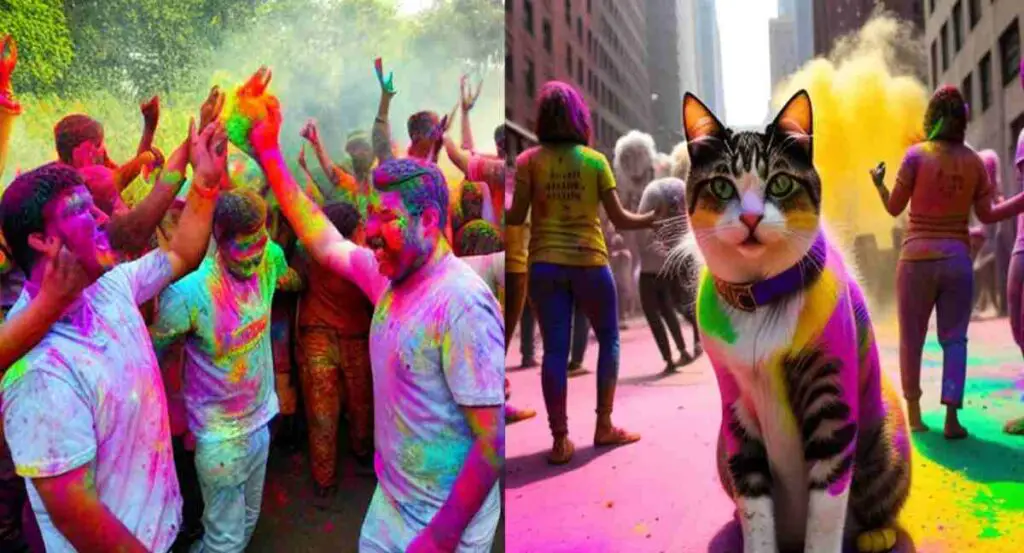
Cultural Importance of Holi
Holi holds immense cultural significance within Hinduism and the Indian subcontinent, but its impact extends far beyond. Here’s a deeper look at its cultural importance:
Letting Go and Forgiveness: Holi is a time to shed past grudges and embrace new beginnings. Throwing colors creates a sense of equality, reminding everyone that social status or past conflicts melt away in the spirit of celebration.
Community and Harmony: The festival transcends social hierarchies. People from all walks of life come together, creating a strong sense of community and social cohesion. It’s a time to strengthen bonds, forget differences, and celebrate together.
Renewal and Spring: Holi coincides with the arrival of spring, a time of rebirth and renewed life in nature. The vibrant colors symbolize the blossoming of flowers and the fertility of the land. ‘Holi festival in 2024’
Celebration of Love: The story of Radha and Krishna adds a layer of love and playful romance to the festival. Holi becomes a celebration of all forms of love, both romantic and divine.
Enduring Traditions: The traditions associated with Holi, like Holika Dahan and the throwing of colors, have been passed down for generations. Celebrating these traditions strengthens cultural identity and connects people to their heritage.
Global Phenomenon: Holi’s popularity has transcended its religious and cultural roots. Today, Holi celebrations are held in various parts of the world, promoting cultural exchange and understanding between communities. ‘Holi festival in 2024’
Holi’s cultural importance lies in its ability to bring people together, celebrate life’s joys, and usher in a new season with a spirit of renewal and forgiveness. It’s a vibrant tapestry woven from tradition, mythology, and the joy of human connection.
How to Celebrate Holi Festival in India
Holi, also known as the festival of colors, is a vibrant and joyous Hindu celebration that marks the arrival of spring and the victory of good over evil. Here’s how Holi is typically celebrated in India:
Holika Dahan (Chhoti Holi): On the evening before Holi, people gather around bonfires to celebrate Holika Dahan. This ritual involves lighting a bonfire to symbolize the burning of the demoness Holika, who tried to harm Prahlada but was ultimately defeated. People throw roasting grains, popcorn, coconut, and chickpeas into the fire. This event signifies the triumph of good over evil. ‘Holi festival in 2024’
Rangwali Holi (Main Holi): The main celebration takes place on the next day, which is the day of the color fight. People of all ages hit the streets, smearing each other with vibrant colored powders and throwing colored water. The air is filled with laughter, music, and joy as everyone participates in this chaotic and colorful celebration. Bhang, a paste made from cannabis plants, is traditionally consumed during Holi festivities. It adds to the festive spirit and is believed to heighten the enjoyment of the celebrations.
Delicious Food and Sweets: Holi is a time for feasting! Families prepare special dishes and sweets like gujiya, malpua, and thandai. Sharing food with friends and relatives is an essential part of the celebration.
Visiting Friends and Relatives: Holi is a social festival, and people visit each other’s homes to exchange greetings and good wishes. It’s a time to strengthen bonds and mend relationships. ‘Holi festival in 2024’
Dancing and Singing: Music plays a vital role during Holi, with traditional folk songs and lively Bollywood tunes filling the air. People dance joyously, creating a lively and energetic atmosphere. Dholak (a traditional drum) beats set the festive mood.
Playing with Colors: The heart of Holi lies in the playful color fights. People chase each other, smearing colors on faces and clothes. Water balloons, water guns, and buckets of colored water add to the fun.
Public Celebrations: Many cities organize large-scale public Holi events with music, dance, and massive color fights. Mathura, Vrindavan, and Barsana are famous for their grand Holi celebrations. ‘Holi festival in 2024’
Conclusion
Holi festival in 2024 embodies the essence of joy, togetherness, and cultural richness. It is a time for festivities, forgiveness, and renewing bonds of love and friendship. Let’s celebrate this vibrant occasion with enthusiasm and positivity.
FAQs about Holi Festival
How to Make Holi Colors at Home? You can make Holi colors at home using natural ingredients like turmeric, beetroot, and henna powder mixed with flour or cornstarch.
What Are Some Popular Holi Songs? Popular Holi songs include “Rang Barse” from the movie Silsila, “Balam Pichkari” from Yeh Jawaani Hai Deewani, and “Holi Khele Raghuveera” from Baghban. ‘Holi festival in 2024’
Is Holi Only Celebrated in India? No, Holi is celebrated in many countries where the Indian diaspora is present, including Nepal, Bangladesh, the United States, the United Kingdom, and Australia.
What Are the Safety Precautions for Holi Celebrations? Safety precautions for Holi include using natural and skin-friendly colors, protecting the eyes, staying hydrated, and respecting others’ boundaries during celebrations. ‘Holi festival in 2024’
Can Non-Hindus Participate in Holi Celebrations? Yes, Holi is a festival of inclusivity and joy. Non-Hindus are welcome to join in the celebrations and experience the colorful spirit of the festival.




